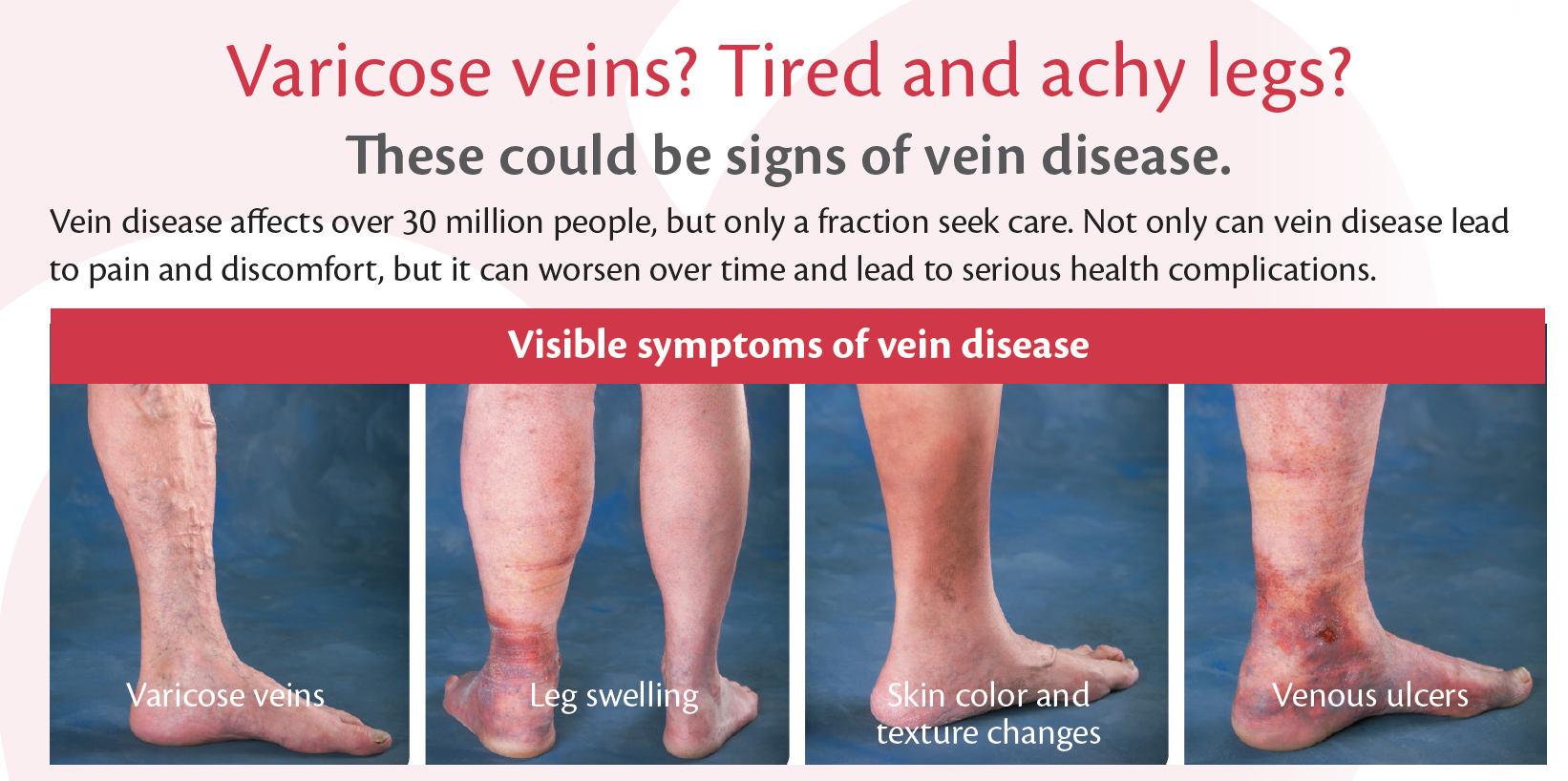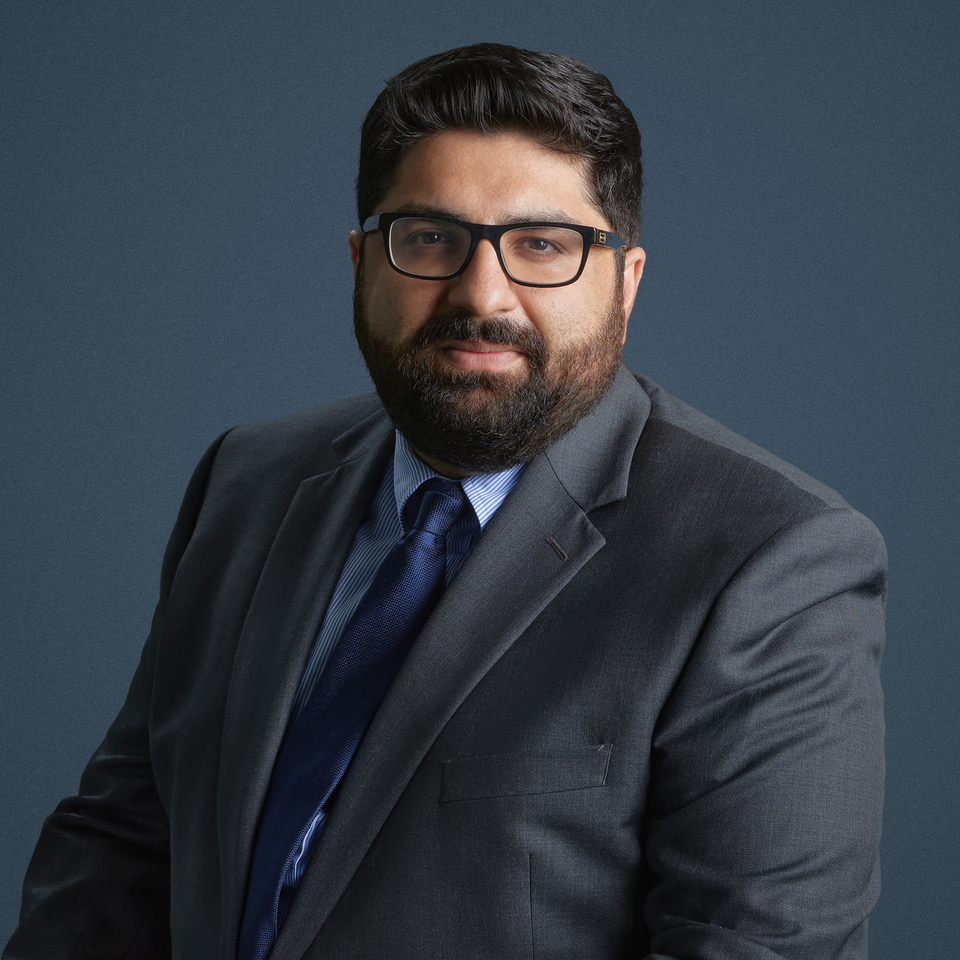Help is Available for Troublesome Veins

Physical Symptoms of Vein Disease
- Aches and pain
- Swelling, cramping, itching, or restlessness
- Heaviness or tiredness
- Skin changes or discoloration
- Open sores
Who is at Risk?
Heredity is the number one risk factor for venous disease. For example, if your parents had varicose veins, you have an 89% chance of developing them. Gender also plays a role and women are three times more likely than men to develop venous disease.
Below are additional risk factors for venous disease:
- Age
- Family history of this condition
- Female gender (related to levels of the hormone progesterone)
- History of deep vein thrombosis in the legs
- Obesity
- Pregnancy
- Sitting or standing for long periods
- Tall height
There are Treatment Options
The good news is that Consulting Cardiologists has one of the leading specialists in vascular disorders. Dr. Zain Ahmed specializes in treating the veins and arteries outside of the heart, which may cause circulation problems in the arms and legs. Dr. Ahmed has specialized expertise in diagnosing vascular disorders and uses the newest non-invasive treatments to treat a wide range of vascular conditions.

If you have visible or physical symptoms, talk to your cardiologist who can screen you for vein disease. Dr. Ahmed can then conduct further testing to detect blood clots and observe blood flow in the legs. There are many treatment options including conservative methods, as well as more advanced procedures that can be done on an outpatient basis and result in dramatic improvement.